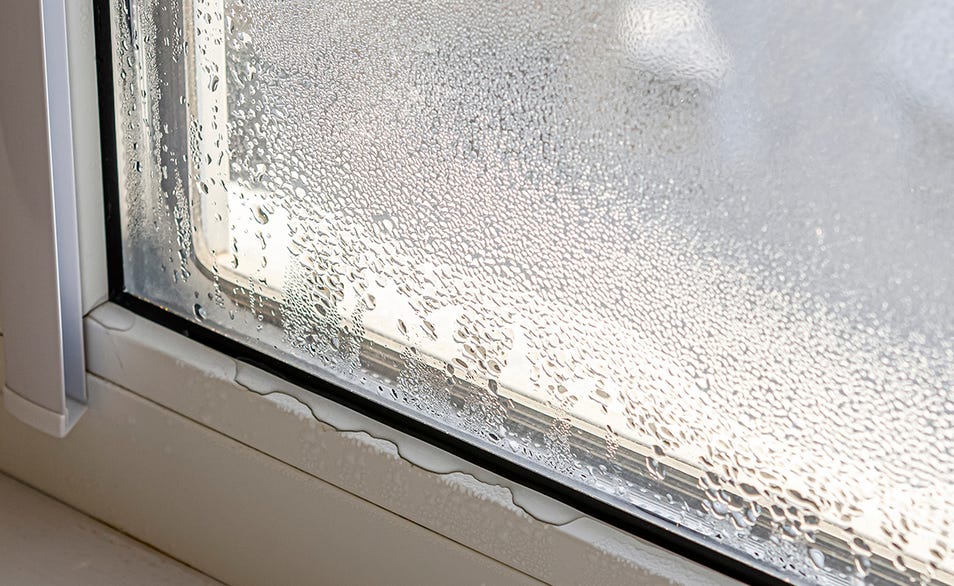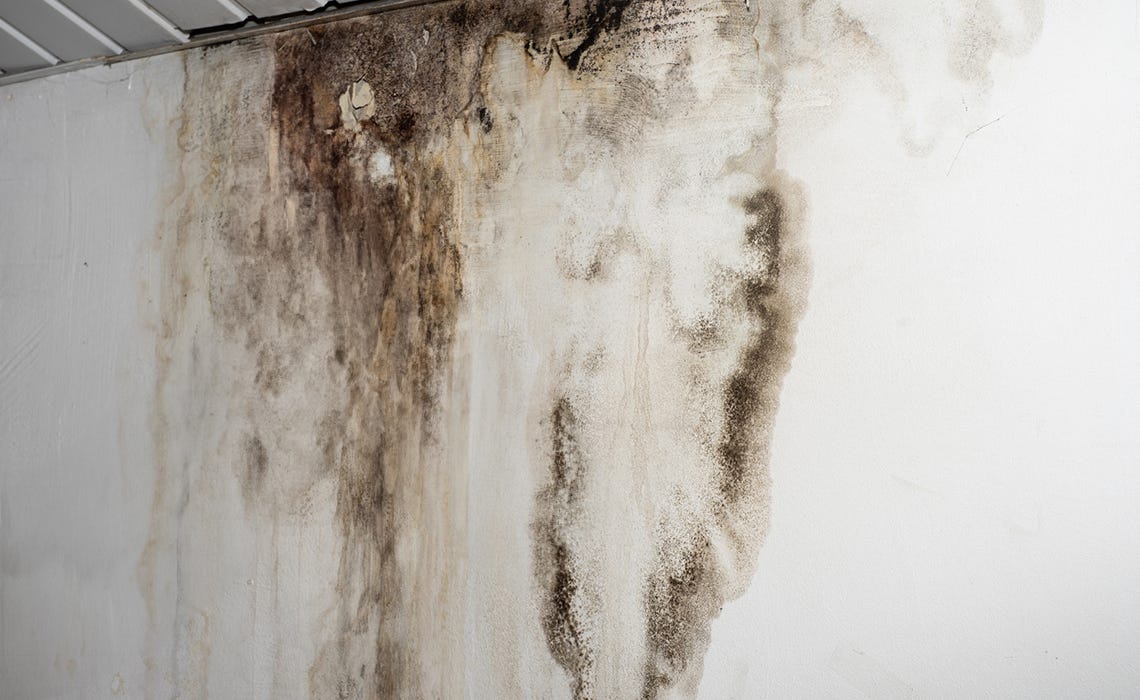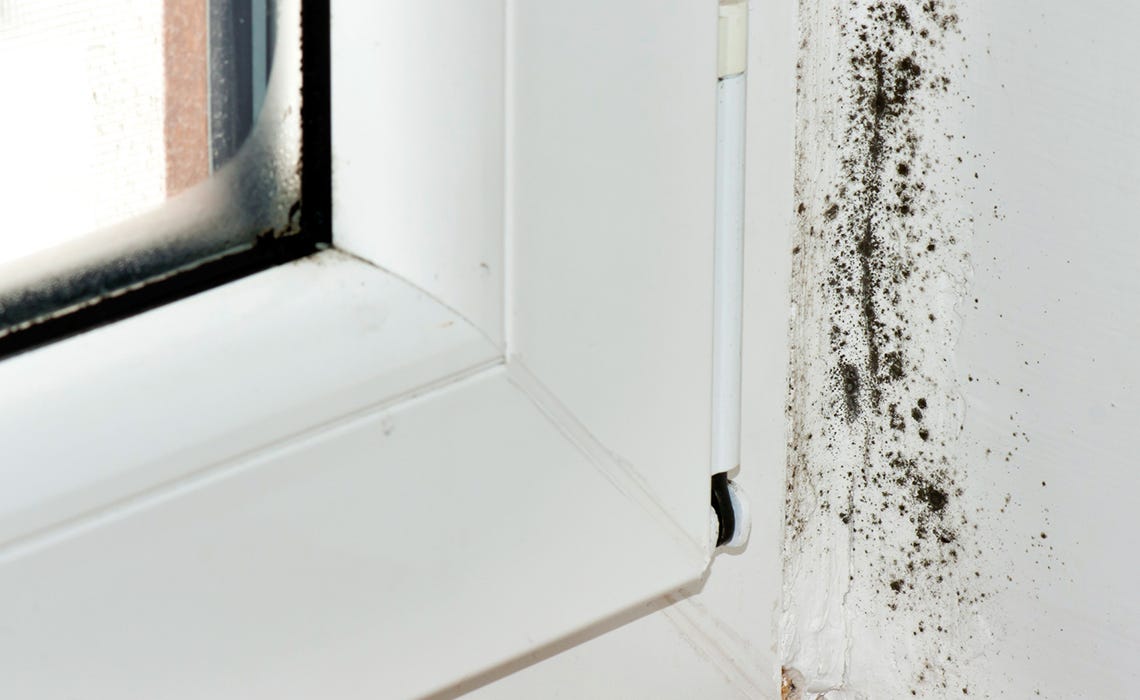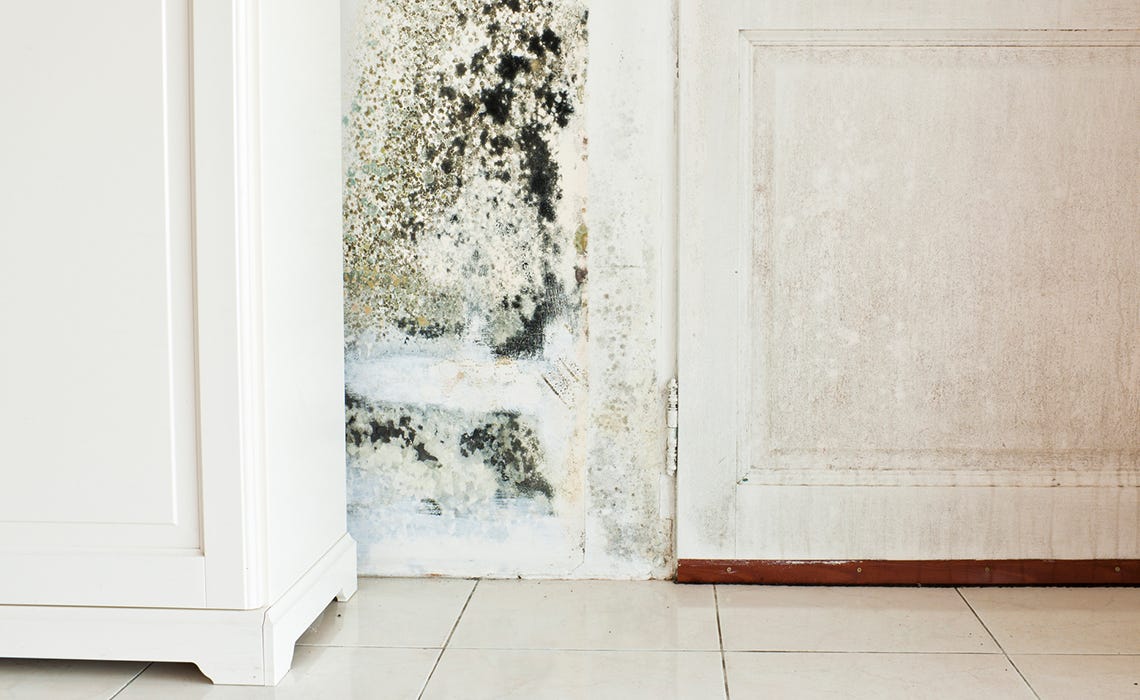What causes Black Mould?

Who are the main culprits?
The main reasons our homes suffer from excess moisture are:
Water leaks
Condensation
Rising damp
Is it common?
20% of UK buildings show signs of damp – unsurprising given our famously wet climate.
Do you just get it in old homes?
Nope. Some modern construction techniques and materials, as well as the presence of air conditioning systems, can increase the risk of dampness issues.
How do I know if it’s caused by a water leak?
The black mould will usually be found around:

- Appliances that hold water – e.g. washing machines, dishwashers, radiators and water pipes.
- Poorly fitted or maintained bath or shower – where water can leak through cracks in the fittings, sealant or tiles
- Damaged walls, roof or windows that are allowing rainwater in.
Water leaks can be most damaging when the leak itself is hidden, allowing it to go unnoticed for a long time.
How do I know if it’s caused by condensation?
The black mould will usually be found on cold surfaces – like window frames and walls.
Why? Condensation appears when water vapour in the air gets trapped inside your home due to poor ventilation.

It comes from drying clothes, boiling kettles, steamy showers – even breathing!
When it hits a cool surface, it turns into water, attracting black mould.
How do I know if it’s caused by rising damp?
The black mould will usually be on the lower sections of walls above the skirting.

It’s caused by groundwater soaking up into the bricks or concrete of your walls - usually due to lack of damp-proof course or structural damage.
How can I keep black mould away?
Regular maintenance
Good ventilation
Keep surfaces clean
How do I get rid of it?
You just need Cillit Bang Black Mould Remover and a sponge.
.jpg?width=1140&height=700&format=jpg&quality=80)
Simply spray and wipe away.
Go to How do I get rid of black mould to find out more.
*Source ©2023 NielsenIQ data, Unit Sales OR Value Sales, Surface Care Mold & Mildew (client defined) w/e 12.08.23 (GB). To verify: verify.uk@reckitt.com
